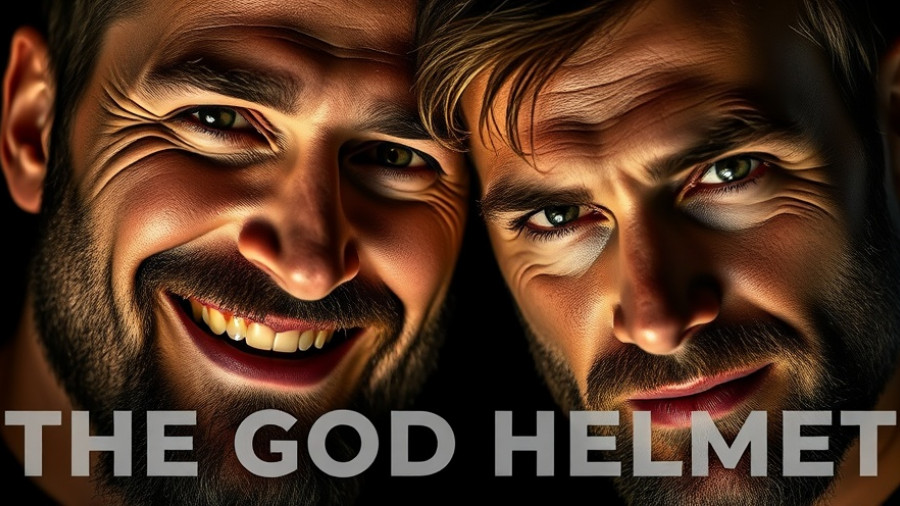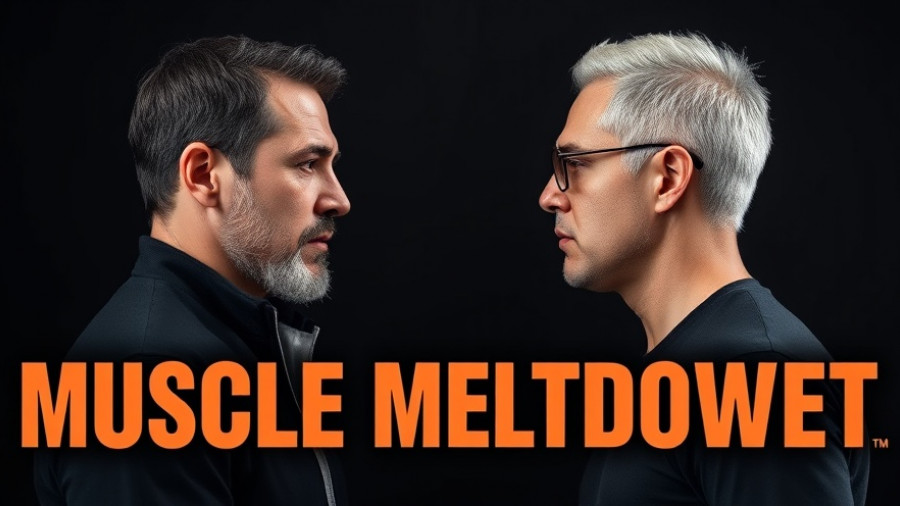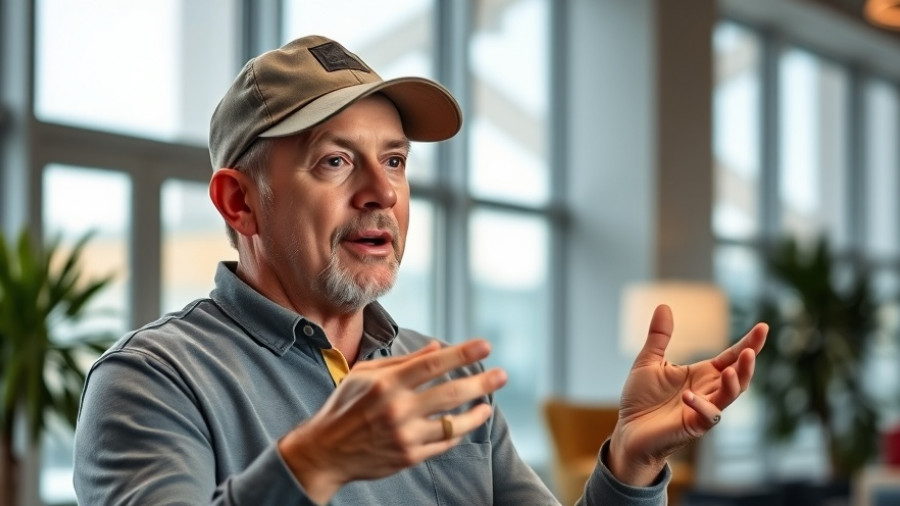
Unlocking Transcendence: The Choice Behind Suffering
When we think of suffering, the immediate association is often negative—a burden to bear or something to avoid at all costs. Yet, for some, suffering is a vehicle to a higher purpose. In the intriguing exploration covered in Masochist or Master? Choosing Suffering for a Higher Purpose, the distinction between self-harm and purposeful pain becomes crystal clear. The journey of carrying a 190-pound sled through the harsh Arctic conditions for 60 days highlights not just physical endurance, but a profound quest for clarity and connection with the self.
In Masochist or Master? Choosing Suffering for a Higher Purpose, the discussion dives into the relationship between suffering and personal growth, exploring key insights that sparked deeper analysis on our end.
The Power of Suffering
The distinction lies in intention. As shared in the discussion, past experiences of self-harm lacked any virtue, as they were pain without purpose. In contrast, today’s challenges—whether it’s ultramarathon running or extreme cold therapy—become gateways to transcendence. Here, suffering transforms from a mere obstacle to an opportunity for growth, inherently linked to concepts of biohacking and human optimization.
From Pain to Purpose: A Biohacking Perspective
Many high performers today, driven by the science of longevity and mitochondrial health, embrace suffering as a means to enhance their potential. By engaging in practices such as cold therapy, intermittent fasting, and sleep optimization, they seek to unlock reservoirs of energy and mental clarity often hindered by the everyday noise of life. These experiences parallel the idea that mindful suffering—when strategically approached—can lead to significant insights and personal growth.
Creating New Narratives Around Pain
To redefine suffering as part of the journey towards mastery is to cultivate a narrative that is both empowering and liberating. Just like the science behind nootropics or functional fitness informs our understanding of maintaining cognitive and physical wellness, the act of choosing suffering intentionally reshapes our perception of pain in everyday life. It becomes a powerful tool in the arsenal of personal transformation.
Suffering, then, is not the end but the beginning—a pathway to a more profound existence defined by progress rather than stagnation.



Write A Comment